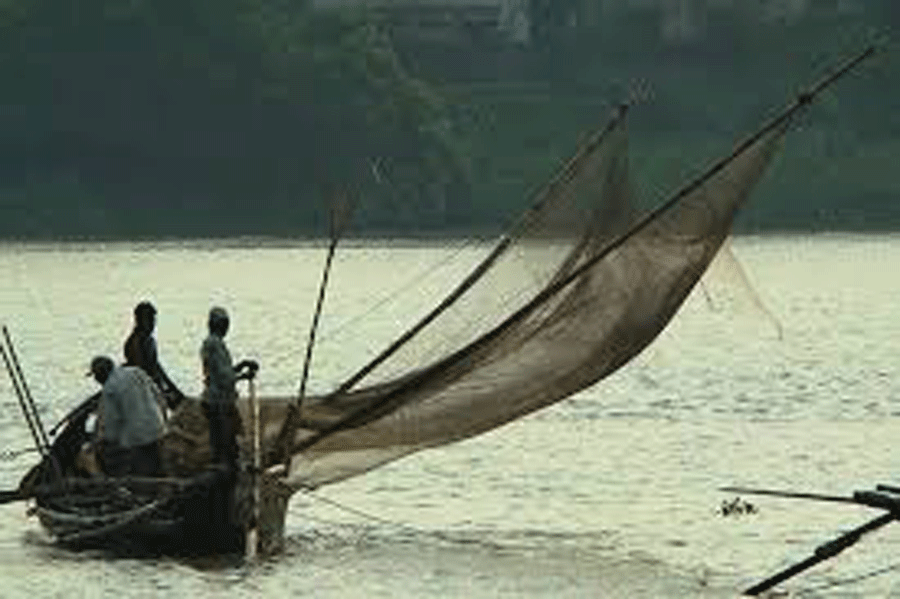
Published :
Updated :

As much as 56 per cent of small-scale fishers remain excluded from government aid during the annual fishing ban, pushing 70 per cent to take informal and exploitative loans, said a new study on Monday.
The situation often forces marginalised communities to fish illegally for survival, the study added, noting that 83 per cent of beneficiaries receive assistance one to two months after the ban period ends.
COAST Foundation shared the findings at a news conference titled “Not Just Imposing Fishing Ban, We Demand Safe Alternative Livelihoods to Ensure Equitable Support for Small-Scale Fishers” at the Dhaka Reporters Unity.
The study also found that 87 per cent of fishers have no access to income-generating activities (IGA) or skill development programmes. Domestic violence in fishing families reportedly rises by 30-40 per cent during ban periods due to financial stress.
It recommended strict action against the use of illegal nets and a complete ban on net-producing factories.
Speakers at the event expressed concern over the decline in Hilsa catch, delays in aid distribution, recurring natural disasters, lack of alternative income, biodiversity loss, privatisation of fishing zones, and rising informal debt bondage – all of which have pushed fishing communities into deep socioeconomic hardship.
They urged the government to ensure timely support and expand IGA programmes for small-scale fishers – particularly women and youth – through transparent selection and distribution processes.
M Rezaul Karim Chowdhury, Executive Director of COAST Foundation, said, “Fishing bans are essential for Hilsa regeneration, but that cannot mean hunger. The government must provide 40 kg of rice and Tk 8,000 to every registered fishing household before the ban starts, and ensure IGA-based work for at least one family member.”
He also urged the authorities to provide vocational training to young fishers for alternative livelihoods.
Mr Chowdhury noted that Manta fishers – those living in small boats in canals or narrow rivers – should be issued fisher ID cards and exempted from the ban.
Sanat Kumar Bhowmik, Deputy Executive Director of COAST Foundation, presented the keynote paper.
The study also recorded a 3.4 per cent decline in Hilsa catch over the past five years.
Speakers collectively called for timely food and cash distribution, inclusive IGA opportunities, low-interest loans, and equitable inclusion of marginalised fishing communities in all government programmes to ensure no fisher family goes hungry during fishing bans.
nsrafsanju@gmail.com


 For all latest news, follow The Financial Express Google News channel.
For all latest news, follow The Financial Express Google News channel.